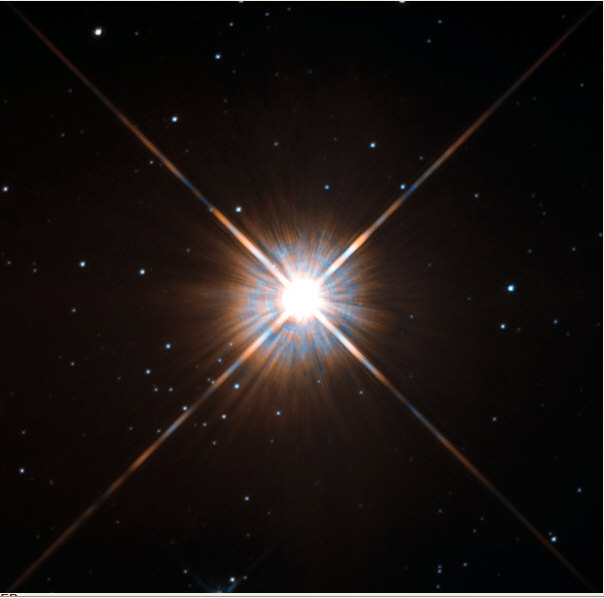Interstellar Travel
Question: Are there Intelligent Beings in the Universe? Yes there are millions of races of intelligent beings scattered across the universe!! Are they coming to Earth as everyone seems to think? NO WAY! It never ceases to amaze me how little thought people give to what is involved in beings traveling from even a nearby star to visit Earth. First of all the distance involved would be several light years, which would of course be costing someone money! For those of you that do not know, a "Light Year" is approximately 6 trillion miles, and is the distance traveled by light in one year. The speed of light is 186,200 MILES PER SECOND!!! That is what I call blazing speed. Let me give you an example of that speed. We all know the sun is 93 million miles from Earth (on average) and it only takes sunlight about 8.3 minutes to reach earth. No Earth spacecraft with Humans aboard has ever exceeded 50,000 miles per Hour. For example lets assume that our visitors are coming from the closest Star to Earth "Proxima Centauri" located in the Alpha Centauri System a mere 4.3 light years from Earth. Even if we assume the aliens have achieved light speed or near light speed it would still take them 4.3 YEARS just to reach Earth!! The return trip would take the same amount of time of course. These simple facts make it quite clear that NO race of beings is going to be flying by for earthlings to photograph!!! They are expending their planets resources and their time and money just like we have to do to explore space for knowledge or Conquest! (See the Proxima Centauri picture below) Remember when Queen Isabella financed Chris Columbus on his quest for the new world? Did she say "now Chris just sail by and let them photograph you, then kidnap a few of them" or did she expect gold and spices in return??? When they get here you will not have to guess or look for them. You will either be greeted as a friend or be working in the Salt Mines!!! Lucky for Earth we are evidently in a quiet out of the way sector of the Milky Way Galaxy for now!! May the Force be with you my Earthling Friends. Live Long and Prosper! May HE whom the winds fear Light your path and Guide your steps as you journey through this life. Written by: The Galactic Sage

Picture Credit: NASA and ESA
Text from Hubble Space Telescope Site Shining brightly in this Hubble Space Telescope image is our closest stellar neighbor: Proxima Centauri. Proxima Centauri lies in the constellation of Centaurus (the Centaur), just over four light years from Earth. Although it looks bright through the eye of Hubble, as you might expect from the nearest star to the solar system, Proxima Centauri is not visible to the naked eye. Its average luminosity is very low, and it is quite small compared to other stars, at only about an eighth of the mass of our Sun. However, on occasion, its brightness increases. Proxima is what is known as a "flare star," meaning that convection processes within the star's body make it prone to random and dramatic changes in brightness. The convection processes not only trigger brilliant bursts of starlight but, combined with other factors, mean that Proxima Centauri is in for a very long life. Astronomers predict that this star will remain middle-aged — or a "main sequence" star in astronomical terms — for another four trillion years, some 300 times the age of the current universe. These observations were taken using Hubble's Wide Field and Planetary Camera 2 (WFPC2). Proxima Centauri is actually part of a triple star system — its two companions, Alpha Centauri A and B, lie out of frame. Although by cosmic standards it is a close neighbor, Proxima Centauri remains a point-like object even using Hubble's eagle-eyed vision, hinting at the vast scale of the universe around us.
Read The Universe Reality and You Read Planet Earth where are You?
Read Basic Gravity 101 (easy to understand) Read Roswell, Aliens, and Mankind!
Read the Asteroid Threat to planet Earth! Read UFO's the Alien Point of View.
Read The Birth & Death of our Sun. Planetary Statistics and Pictures
Read Planet Venus, second from the Sun.

Home Page